Tarps, short for tarpaulins, are versatile and essential tools that serve a wide range of purposes across various industries and everyday applications. Choosing the right tarp fabric, however, can be a daunting task due to the many options available. Whether you are looking for a vinyl tarp for construction, a poly tarp for outdoor use, or something more specialized like mesh tarps or fire-retardant tarps, understanding the different types and features of tarp fabrics can help you make an informed decision.
In this guide, we’ll explore the different tarp materials, the factors that affect their durability, and how to select the right tarp based on your needs. We’ll cover various tarp types, the best material for tarps, and what to consider when purchasing these essential products.
Tarp Types and Materials
TYPES
There are several types of tarps available, each designed for specific tasks. Some of the most common tarp materials include vinyl, poly, canvas, mesh and specialty tarps like fire retardant tarps and truck tarps. Each type offers unique features that make them suitable for specific conditions.
Vinyl Tarps: Vinyl tarp material is one of the most durable and long-lasting options available. Made from PVC-coated polyester or other strong materials, vinyl tarps offer excellent resistance to harsh weather conditions, making them ideal for outdoor applications. Vinyl tarps are wind resistant, waterproof and UV resistant, providing protection against rain, sun and snow. They are often used for industrial applications, truck covers and even sports tarps.
When considering a vinyl tarp, keep in mind the thickness of the material. Thicker vinyl tarp material tends to be more durable, offering increased resistance to tearing, punctures and abrasion. For example, a heavy-duty vinyl tarp with a thickness of 18 mils or higher is a popular choice for industrial and construction use. The thicker the tarp, the longer it will last under demanding conditions.
Poly Tarps: Poly tarps, made from polyethylene, are lighter and more affordable than vinyl options. Poly tarps are water-resistant and offer decent UV protection, but they may not be as durable or long-lasting as vinyl tarps. These tarps are great for short-term uses such as covering equipment, vehicles or providing shade during outdoor events. Poly tarps come in a variety of thicknesses, which can help you choose the best one for your specific needs. Standard tarp sizes are also widely available in poly versions.
Canvas Tarps: Canvas tarps are made from cotton or a cotton-polyester blend, making them breathable and ideal for use in moderate weather conditions. They are often chosen for their natural appearance and eco-friendly qualities. While canvas tarps offer good water resistance and UV protection, they are not as effective in extreme weather conditions compared to vinyl or poly tarps. Canvas tarps are commonly used for agricultural purposes, such as farm tarps, and are also used for covering boats or protecting tools in a garage setting.
Mesh Tarps: For applications where ventilation is necessary, mesh tarps are the best choice. Mesh tarps allow air to flow through, preventing condensation and promoting drying. These tarps are commonly used for covering items like hay bales, sand or other materials that need to be ventilated. Mesh tarps are lightweight, durable and provide some protection from the sun, although they may not offer complete coverage like solid tarps.
Specialty Tarps: Depending on the application, you may need specialty tarps such as fire-retardant tarps, sports tarps or fence privacy screen options. Fire retardant tarps are treated with chemicals to prevent flames from spreading, making them an essential part of fire prevention in industrial settings. Sports tarps, on the other hand, are used to protect fields or courts during adverse weather conditions.
Truck Tarps and Industrial Tarps: Truck tarps are large, heavy-duty tarps designed to cover loads on trucks or trailers. These tarps are typically made from durable vinyl or poly materials to withstand the rigors of transportation. Industrial tarps are similar but may have additional features like reinforced grommets, heavier stitching, and extra layers of protection to ensure they last in demanding conditions.
MATERIAL
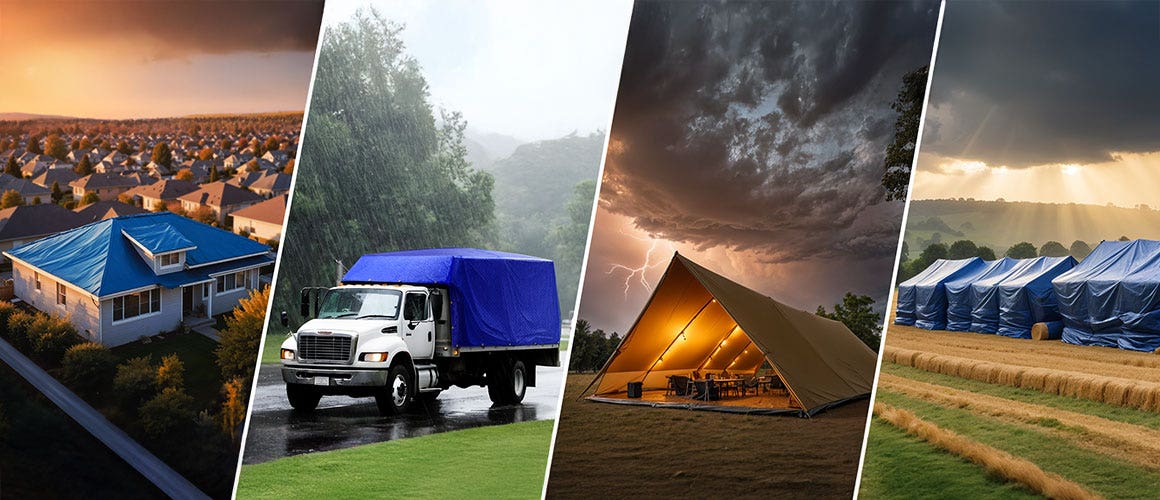
When choosing the right tarp, thickness is an important factor. The thickness of a tarp material determines its strength, durability and ability to withstand the elements. A tarp thickness guide can help you select the appropriate level of protection for your needs.
Lightweight tarps (5-7 mils): These are great for basic applications like covering small items or providing temporary protection. They are ideal for casual or low-impact use.
Medium-duty tarps (8-10 mils): Suitable for more demanding tasks, such as covering boats, cars, or outdoor furniture. They are resistant to tearing and offer some UV protection.
Heavy-duty tarps (11-18 mils): These thick tarp materials are perfect for construction sites, industrial settings, and other heavy-duty applications. They are designed to resist punctures, abrasion, and extreme weather conditions.
When selecting tarp thickness, remember that a thicker tarp typically lasts longer but may be more expensive. Consider the environment where the tarp will be used and the level of protection required.
Waterproof Tarps and Wind Resistance
One of the most important factors when selecting a tarp is whether it is waterproof or not. A waterproof tarp is essential for protecting items from rain or snow. Vinyl tarps and certain poly tarps are known for their superior waterproof qualities, making them the best option for outdoor use in wet conditions.
Wind resistance is another key consideration. A tarp that is wind resistant can withstand strong gusts without ripping or tearing. Look for tarps made from heavy-duty materials such as vinyl, which are often designed to resist both wind and weather. Industrial tarps, for example, are designed to provide protection from wind, rain and snow, making them ideal for outdoor applications that involve heavy equipment or vehicles.
Standard Tarp Sizes and Custom Tarps
Tarps come in a variety of sizes, from small covers for personal items to large tarps used for industrial or agricultural purposes. Standard tarp sizes include 6×8, 8×10, 10×12 and 20×30 feet, but custom tarps can be ordered to fit specific needs.
When selecting a tarp size, make sure it is large enough to provide full coverage for the intended object or area. Keep in mind that tarps are typically measured by their finished size, so be sure to account for the grommets and seams when determining the dimensions. If you need a tarp for a specific application, such as a truck tarp or a farm tarp, ensure that the tarp size fits your load or equipment perfectly.
Poly vs. Vinyl Tarps: What’s the Difference?
A common question when choosing a tarp is: What is the difference between poly and vinyl tarps? While both types are durable and serve similar purposes, vinyl tarps tend to be thicker, heavier, and more resistant to weather conditions, making them the most durable option for long-term use. Poly tarps are lighter, more affordable and suitable for shorter-term or lighter-duty applications.
If you are looking for the most durable tarp for heavy-duty tasks, a vinyl tarp is your best option. However, for basic outdoor use, a poly tarp is often sufficient and comes at a lower price point.
Conclusion
When choosing the right tarp fabric, it’s important to consider the specific requirements of your application. From industrial tarps and truck tarps to waterproof tarps and fire-retardant tarps, there is a wide range of options available. The best tarp material for your needs will depend on factors like durability, thickness, weather resistance, and size.
By understanding the different types of tarp fabrics and their unique properties, you can confidently select the best tarp for your project. Whether you need a heavy-duty vinyl tarp, a lightweight poly tarp, or a specialty tarp for sports or agriculture, knowing what to look for will help you make an informed decision and ensure you get the right protection for your needs.
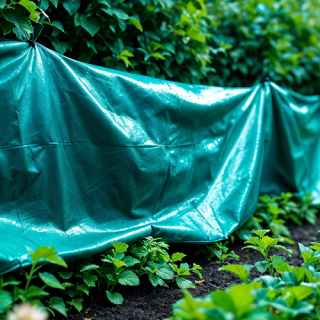


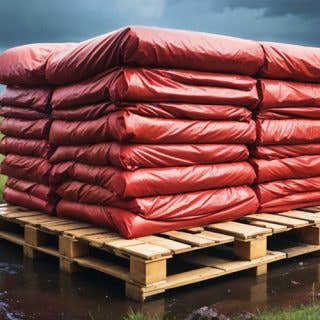


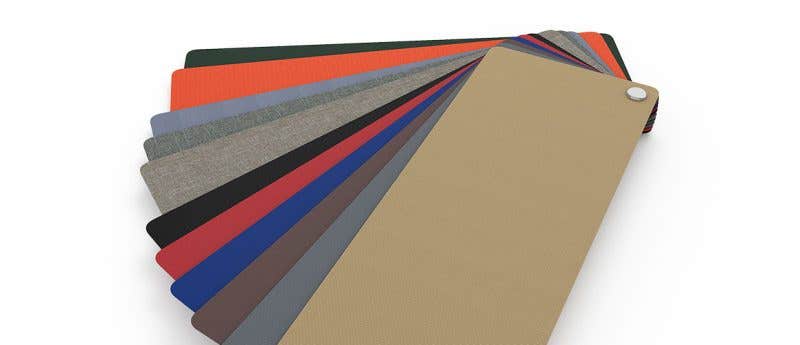
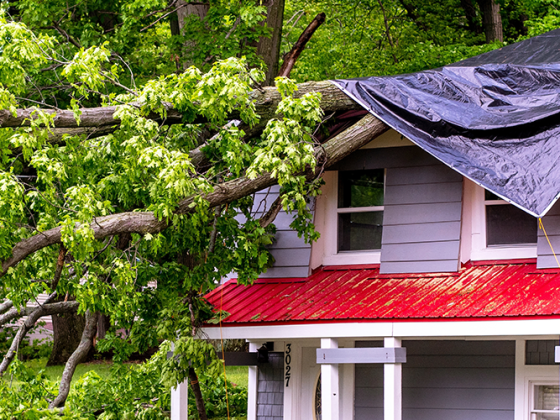

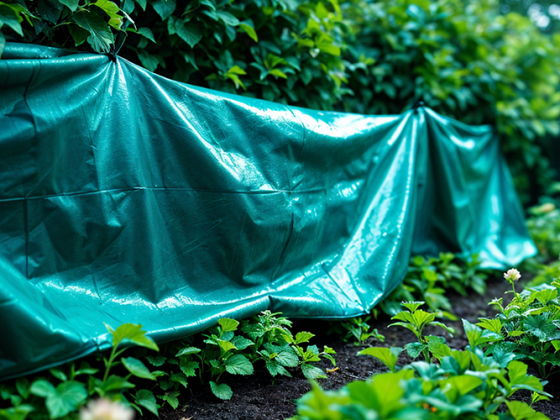

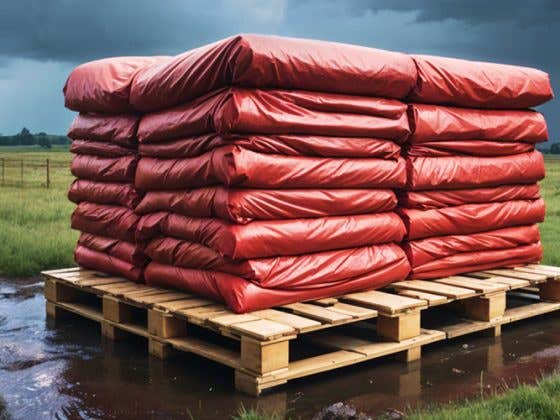
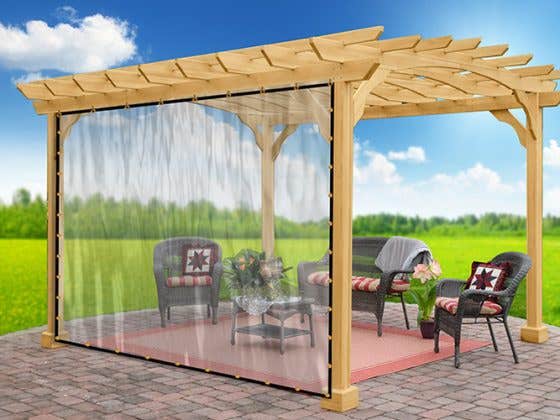
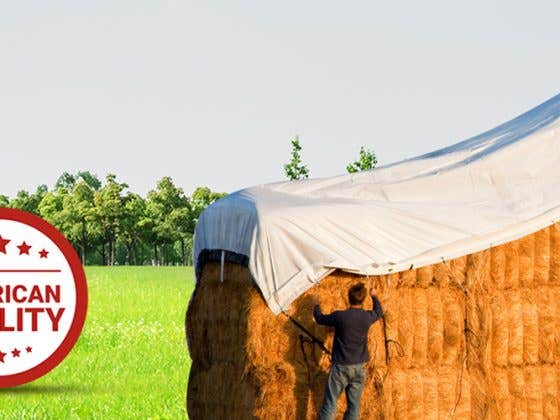
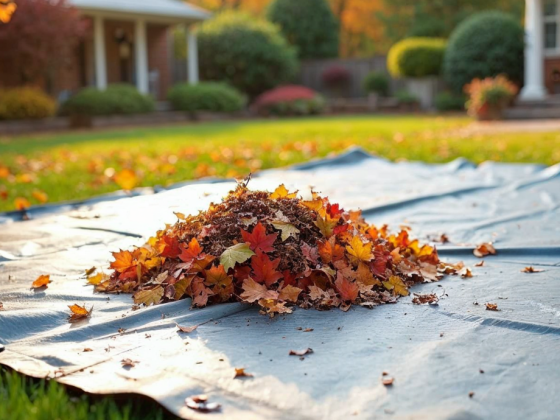
Recent Comments